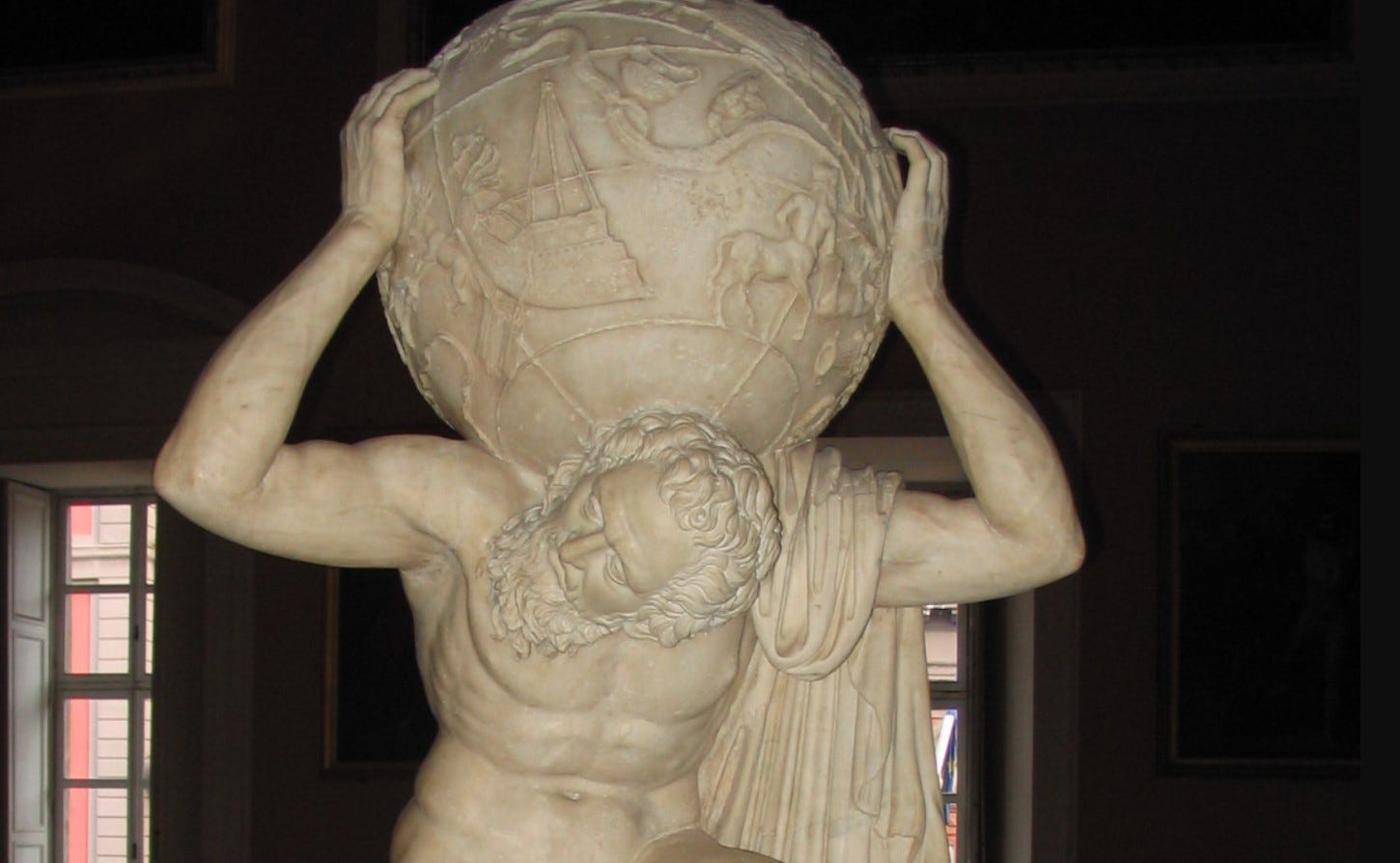A few weeks ago I wrote about the massive exodus of the “super wealthy” from Norway.
The Guardian reported that “more than 30 Norwegian billionaires and multimillionaires left Norway in 2022”—more than the previous 13 years combined.
Why were rich people fleeing Norway? It turns out the Nordic nation is one of the few countries with a wealth tax, and Norway’s Labor Party thought it would be a great idea to hike this tax to soak the rich—despite warnings that it would lead to a massive outflux of wealth creators.
That’s exactly what happened, and the move actually ended up costing Norway an estimated $594 million in revenue.
Somehow, however, economic modelers somehow didn’t see this coming. And I explained why.
Those trying to understand how Norway’s policy could backfire so badly should look to the work of the late Nobel Prize-winning economist Robert Lucas. Lucas, a longtime professor at the University of Chicago, received the top prize in economics for research that became known as the Lucas Critique, which exposed various problems with macroeconomic modeling.
Lucas believed that to predict policy outcomes it was essential to first grasp that all action is individual behavior, and humans are rational creatures who will respond to policies in rational ways — even to policies designed to fool them.
“Microeconomics assumed people were rational,” economist David R. Henderson pointed out in a recent Wall Street Journal article following Lucas’s death. “Why shouldn’t macroeconomics make the same assumption?”
This insight helped Lucas win the Nobel Prize, and it helps explain why Norway’s wealth tax backfired so badly. It was always naive to assume wealthy individuals would continue to bear Norway’s wealth tax. After all, one needn’t have a PhD in economics to realize that wealthy people are unlikely to sit idly by as lawmakers take more and more of their wealth (not income, mind you, wealth). As early as the 17th century, Jean-Baptiste Colbert, the finance minister to France’s Louis XIV, observed the delicate nature of taxation.
“The art of taxation consists in so plucking the goose as to obtain the largest possible amount of feathers with the smallest possible amount of hissing,” wrote Colbert.
I bring all this up because I recently had the opportunity to discuss the issue with Michael Liebowitz on his podcast, The Rational Egoist. You can watch our discussion below or listen on Spotify. (My apologies for the bad camera angle. I must have bumped it before our interview.)





The economic modelers have missed the boat on just about everything of late.
The geniuses at the Federal Reserve completely neglected the influence of money velocity on inflation and so completely failed to anticipate the consequences of their insane money supply expansion via quantitative easing in 2020.
https://newsletter.allfactsmatter.us/p/on-inflation-its-the-inequality-powell
For the same reason, they've completely misunderstood the actual impacts and consequences of their federal funds rate hikes.
The past few years we've seen the failure of expertise on a global scale hitherto unimaginable.
Excellent.
Also, love Ayn Rand ... wish she were here today. Thankful we still have G. Edward Griffin.